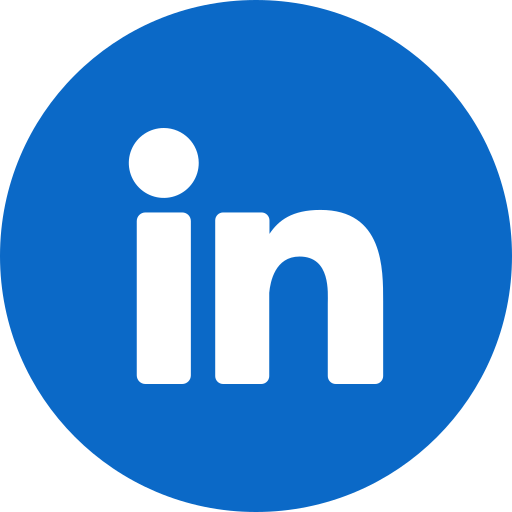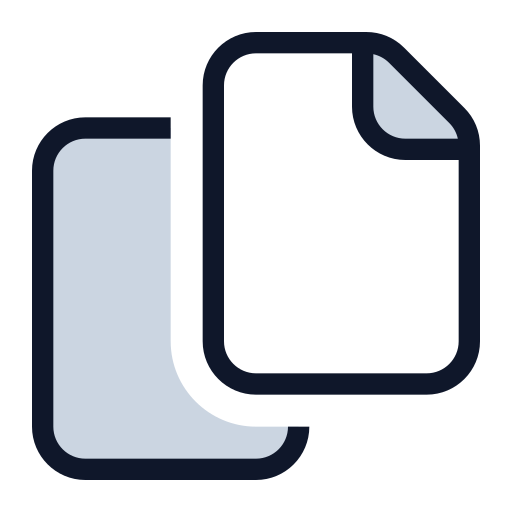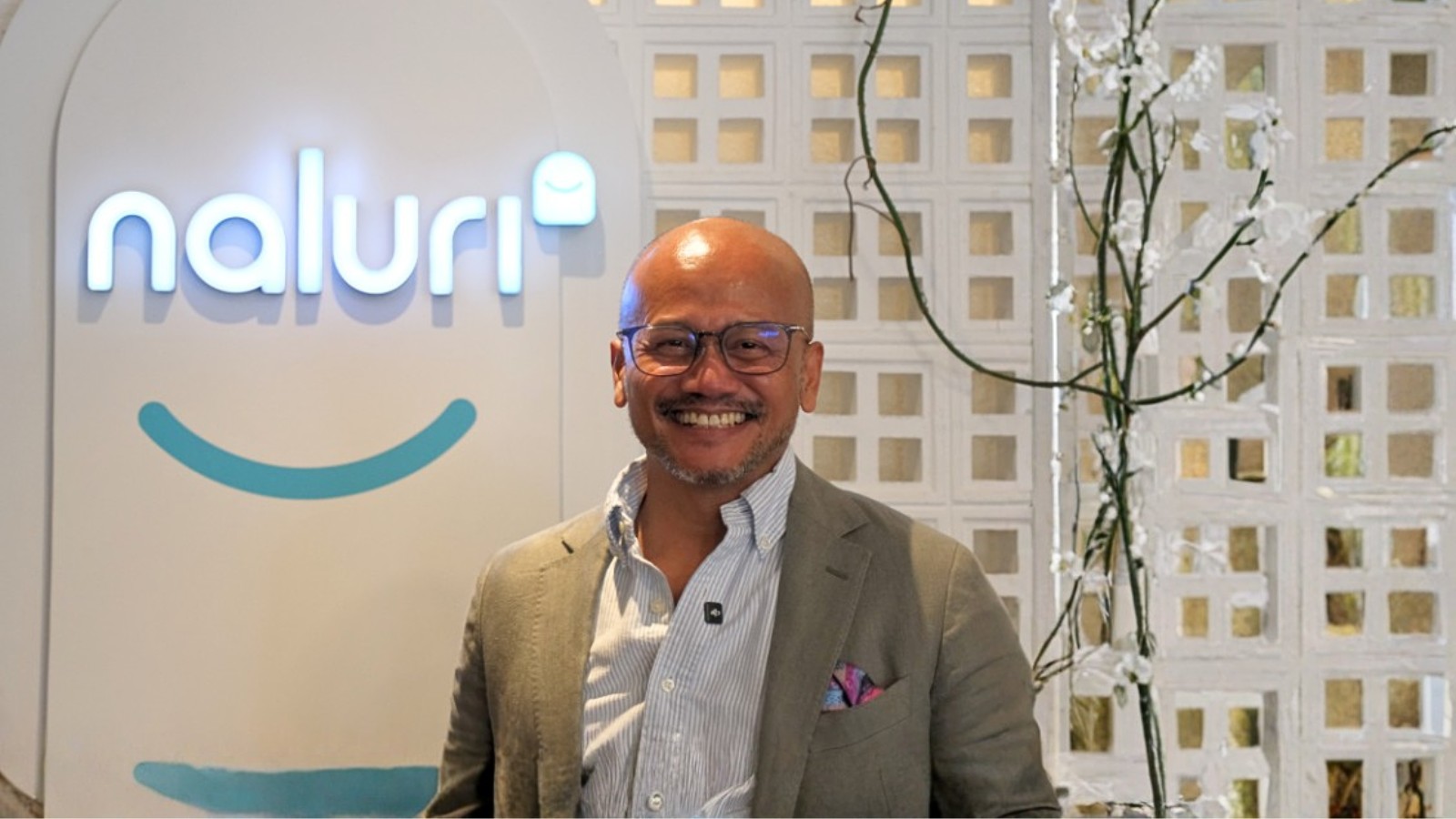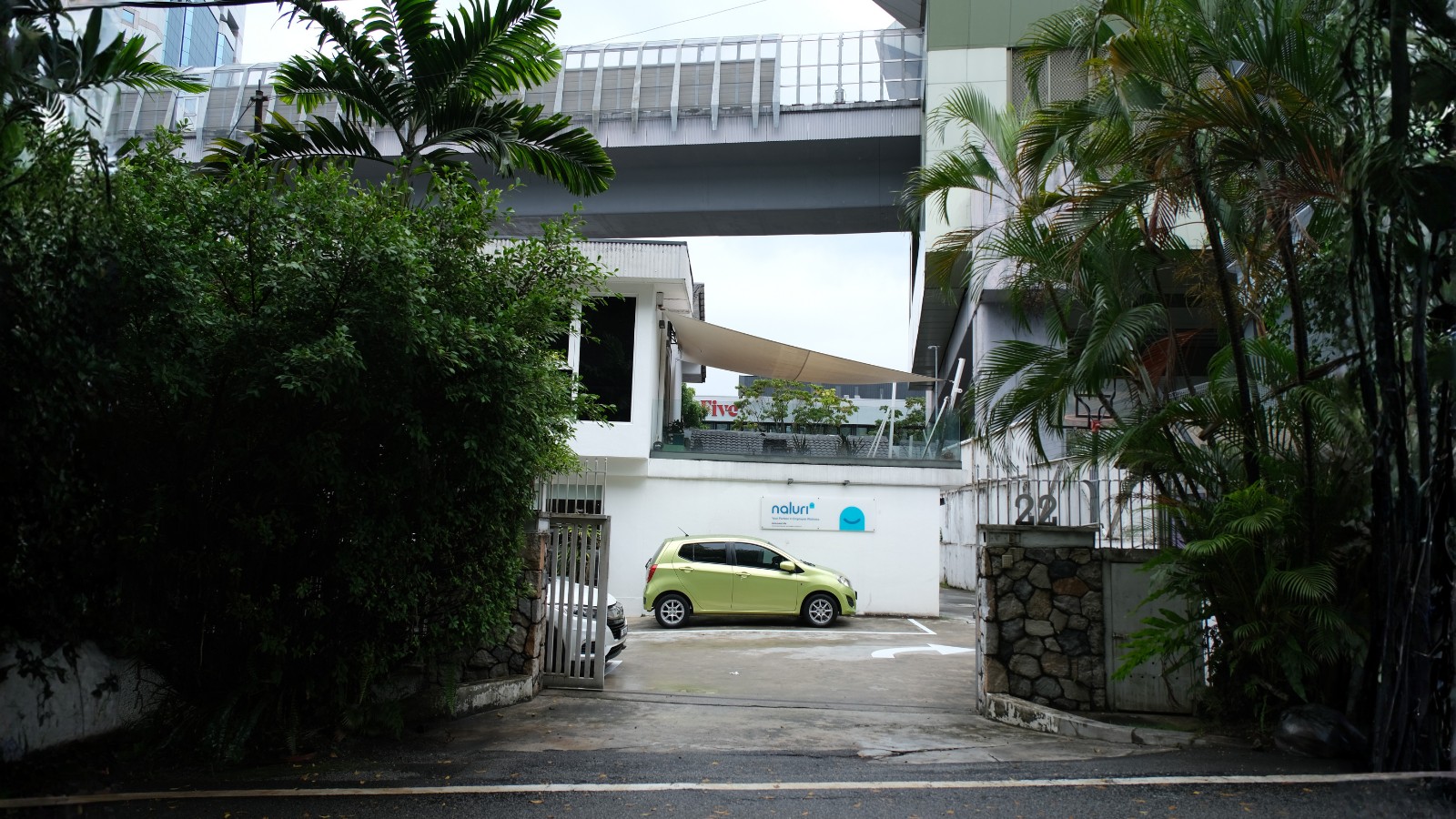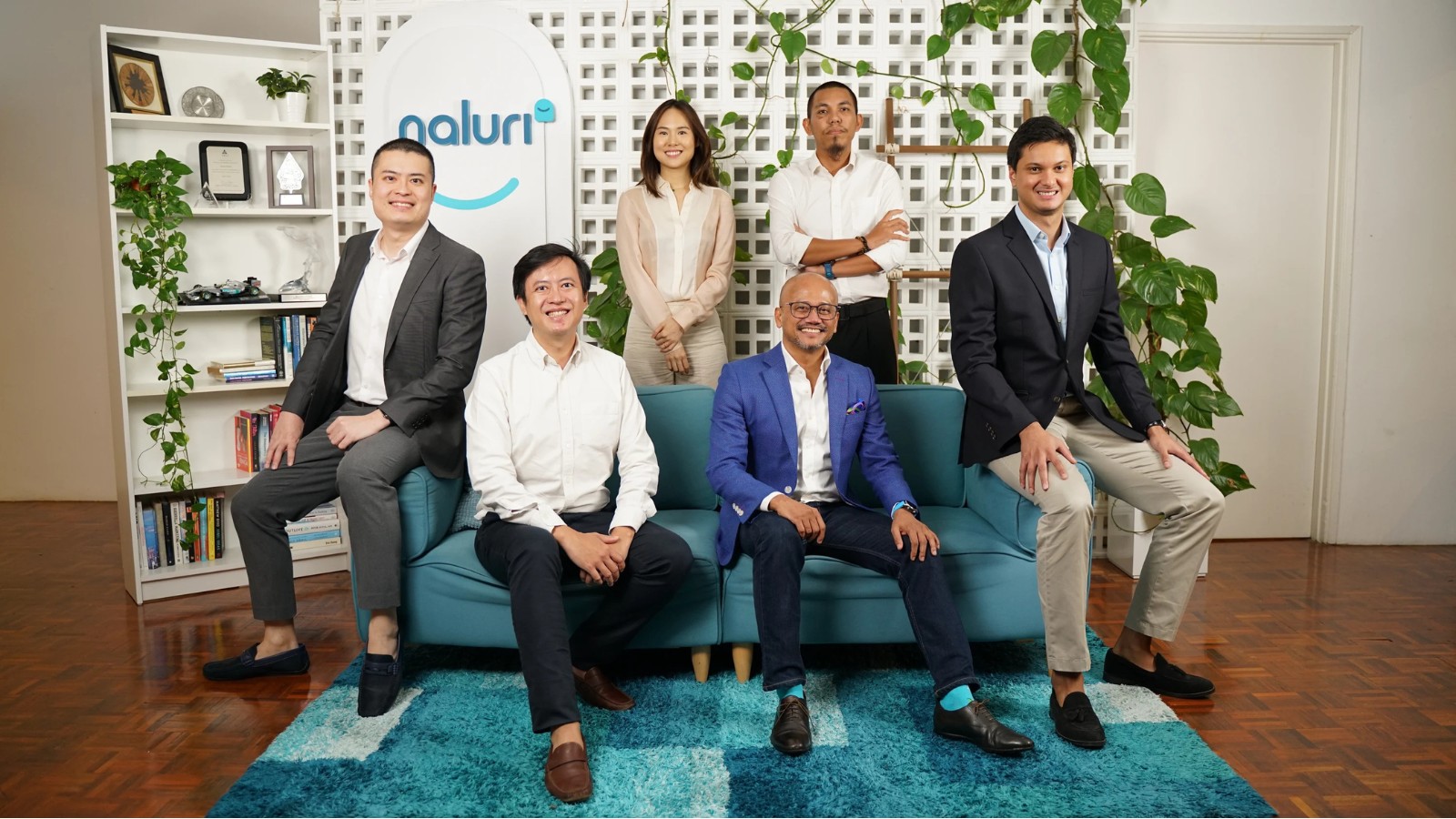At Naluri, engineering isn’t just about writing code — it’s about solving real human problems. For Ahmad Shah Hafizan Hamidin, CTO of the healthtech startup Naluri, every engineer plays a role in shaping the product roadmap and driving innovation that makes healthcare more accessible to Malaysians. In this exclusive Naluri's Unique Engineering Culture interview, Ahmad shares how Naluri’s engineering culture blends collaboration, flexibility, and purpose — where all team members are “software engineers,” titles take a back seat to teamwork, AI and data security power solutions that improve lives.
At Naluri, software engineers are more than just people who fix bugs. Ahmad Shah Hafizan Hamidin explains that Naluri's engineering culture differs from others by treating software engineers as problem-solvers who add value to the company, rather than "ticketing machines". With the rise of AI that changes the job scope, Naluri emphasizes that engineers are involved in the product roadmap and can contribute to its development, ensuring they understand the value they are delivering.
Being directly involved helps them understand how much their work matters, giving them a feeling of ownership and meaning that goes beyond the code they write. This creates a strong feeling of belonging and drive in the team. Its unique way of working, led by Ahmad Shah Hafizan Hamidin, creates a lively place where engineers can do more than just follow orders.
Flexibility, Focus, and Freedom: How Naluri Engineers Shape Their Own Growth
For Naluri’s CTO, building a strong engineering culture starts with trust and flexibility. The team operates on a hybrid workflow, giving engineers the freedom to work from anywhere — whether that means coding from home or gathering at the office for collaboration and connection.
“We don’t mandate office days,” Ahmad Shah shares, “but we come together when it makes sense —come to office, mingle and get together.”
Still, flexibility comes with its own challenges. One of the toughest, Ahmad Shah admits, is prioritization — ensuring that the team focuses on the right problems at the right time. With countless ideas on the table, striking a balance between innovation, business value, and market demand becomes an ongoing discipline.
Inside Naluri, career growth mirrors this same spirit of openness. All engineers, regardless of their specialization — front-end, back-end, or mobile — share a single title: Ahmad Shah emphasizes that a strong engineering team needs more than just technical proficiency. He prioritizes communication, adaptability, and cultural alignment as key factors, seeing them as crucial differentiators beyond the foundational technical skills.This flat structure encourages fluidity and continuous learning, allowing individuals to explore new domains without the constraints of hierarchy.
“We want our engineers to grow in the directions they’re passionate about,” Ahmad Shah explains.
Ahmad Shah tells /ignitio this with a story of one particularly curious engineer:
“One of my engineers — he left eventually, which was sad because he was very good — joined us to rebuild our mobile app. He dove deep into React Native, even exploring the native layers, and delivered an excellent product. Then he got bored. So I gave him a new challenge: build a backend service in Rust. He did it — and then got bored again. So I said, we have this Elixir service no one’s touched — why don’t you take a look? He did, got hooked, and grew even further.”
And in defiance of traditional career ladders, Naluri ensures individual contributors are valued just as much as managers — even earning comparable compensation. It’s a deliberate move to reward expertise, creativity, and impact, not just titles. This flexibility allows engineers to grow into different skill sets and transition between areas of interest without rigid structural limitations. He also highlights that individual contributors can earn as much as engineering managers, challenging the myth that higher pay is exclusive to managerial tracks.

Beyond Code: What Naluri Looks for in Its Next Great Engineer
“When we hire engineers, of course they must be able to code,” Ahmad Shah says.
“But being familiar with our tech stack is just a bonus. What really matters is how well they can work with others and communicate.”
Naluri often prioritizes candidates who fit well with the team dynamic, even if their technical skills aren’t fully polished yet.
“We can train people to code better,” he adds, “but it’s much harder to teach teamwork or humility.”
That philosophy also extends into how Naluri approaches modern challenges in hiring. Ahmad notes that more candidates are relying on AI tools for coding without understanding the fundamentals beneath them. To address this, the team runs additional testing rounds designed to gauge real comprehension, not just output.
But for Ahmad Shah, the most valuable quality an engineer can bring isn’t found in a test — it’s a growth mindset. Working in a fast-evolving digital health company means engineers need to adapt quickly to shifting priorities and evolving technologies. “In a product-oriented company like ours,” he explains, “some features will be deprecated, and some frameworks will go out of style. You have to stay open to change.”
He encourages engineers to explore new technologies not for the sake of trendiness, but for their potential to create real value. “Being too fixated on one shiny framework can limit your growth,” Ahmad Shah warns.
Culture fit, too, plays a pivotal role in how Naluri builds its engineering strength. The company’s “PED” structure — Product, Engineering, and Data — functions as a single, closely connected unit. To ensure smooth integration, new joiners are often brought in one at a time, allowing for deeper assimilation into the culture.
“A strong cultural fit is just as important as technical ability,” Ahmad Shah says.
“We’ve seen technically skilled people struggle simply because they couldn’t connect with how the team works.”
At Naluri, hiring isn’t just about finding coders — it’s about finding curious problem-solvers who can communicate, adapt, and grow alongside the team.
As Ahmad Shah puts it, “We’re looking for people who don’t just build products, but who build with people.”
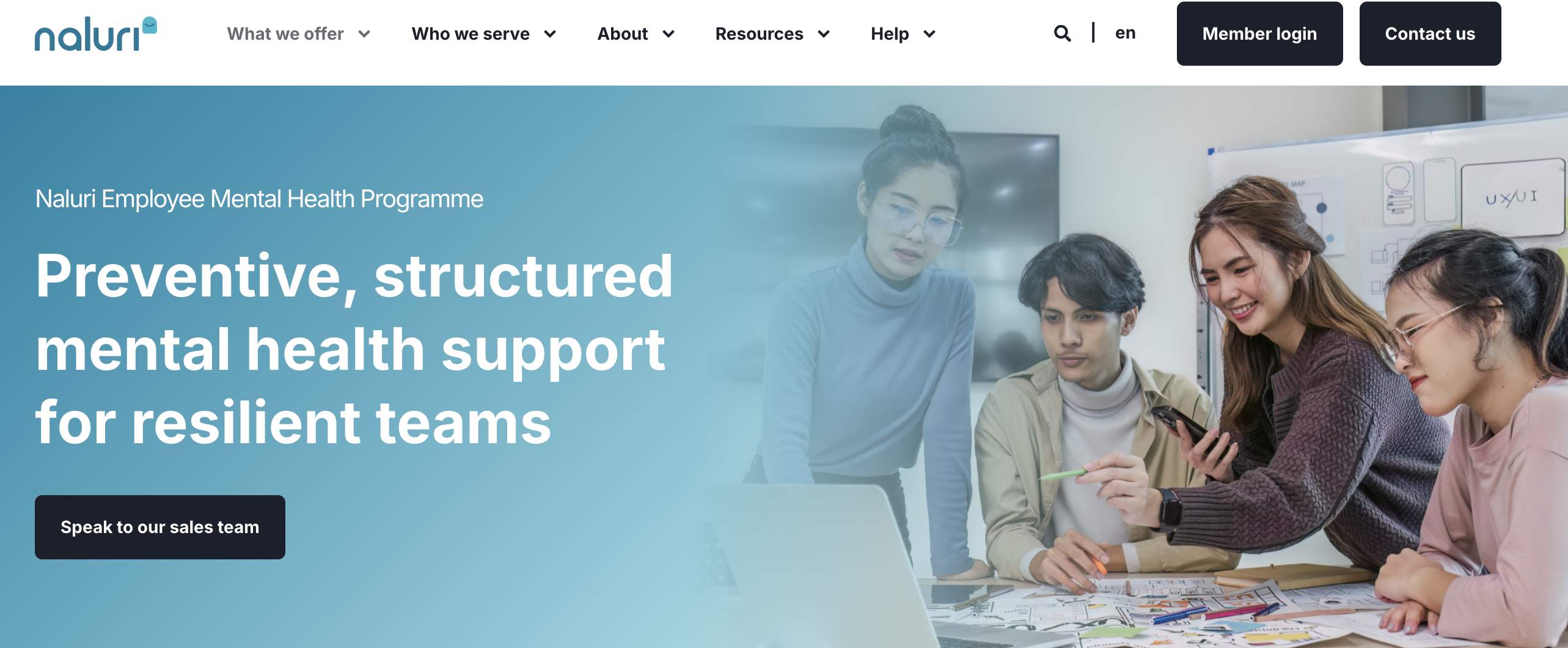
Building Smarter Health Tech: How Naluri Integrates AI and Collaborative Development
Artificial intelligence plays a key role in shaping Naluri’s digital health platform — not just as a buzzword, but as a genuine enabler of impact. AI is applied in two main areas: enhancing user engagement and improving the productivity of health coaches. For users, it powers gamified experiences, personalized nudges, and actionable insights drawn from behavioral data — all designed to make the app more engaging and habit-forming. For health professionals, AI-driven tools like chat summarization automate repetitive tasks, freeing coaches to focus on what truly matters: crafting personalized and effective care plans.
Behind every new feature lies a highly collaborative product development workflow that brings together the Product, Engineering, and Data teams from day one. The process begins with the product team defining a clear problem statement and documenting requirements. Engineering then evaluates technical feasibility and identifies opportunities to build upon existing frameworks, while the data team determines what information should be collected, how it should be structured, and which metrics will measure success.
By aligning early on the what and why, Naluri ensures that every line of code and every product enhancement serves a clear purpose — one that connects health outcomes, data intelligence, and user experience into a seamless, meaningful ecosystem.
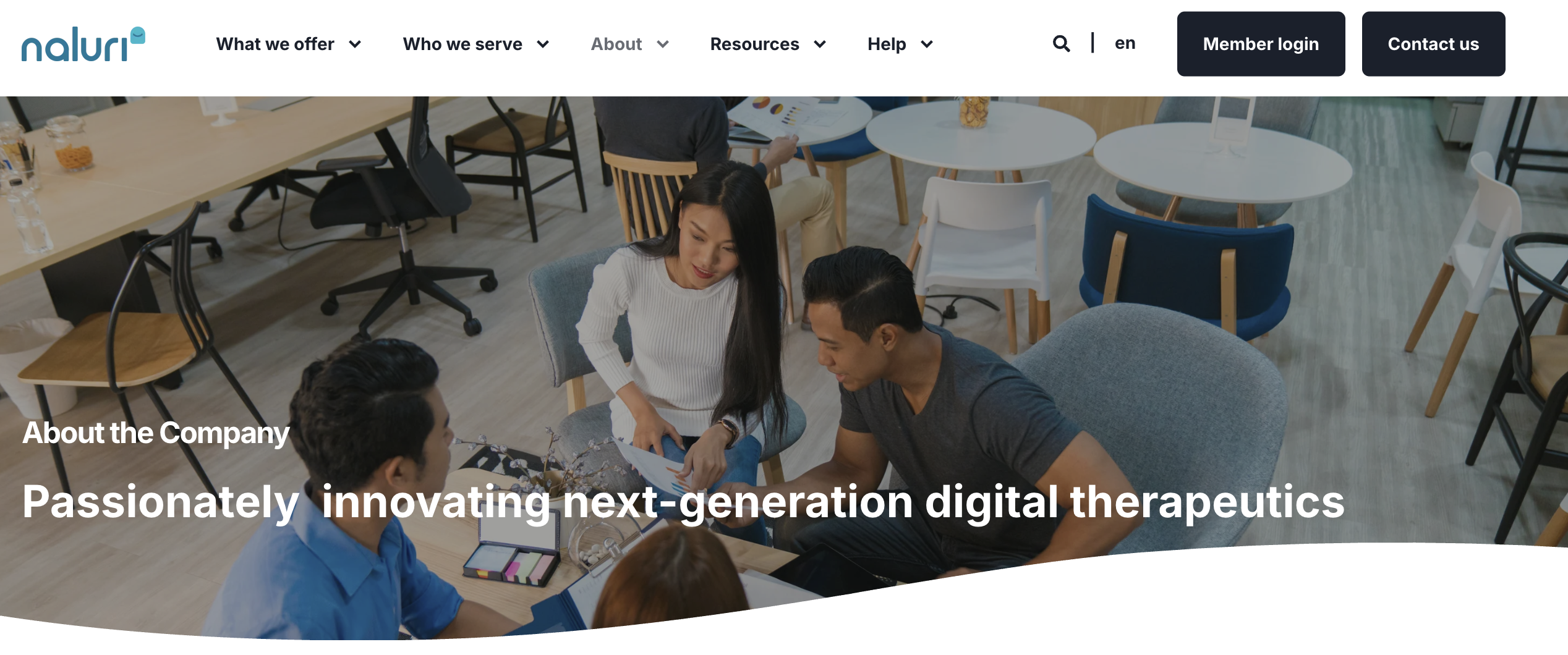
A CTO's Vision: Making Healthcare Accessible to All
In the end, Ahmad Shah, CTO of Naluri, harbors a profound personal goal: to revolutionize healthcare accessibility. His ultimate aspiration is for every Malaysian to not only utilize the Naluri app but also to genuinely benefit from its offerings. While Naluri's current focus is primarily B2B, Shah envisions a future where the app's reach expands, ensuring a wider audience can access and profit from Naluri’s health-focused services.
